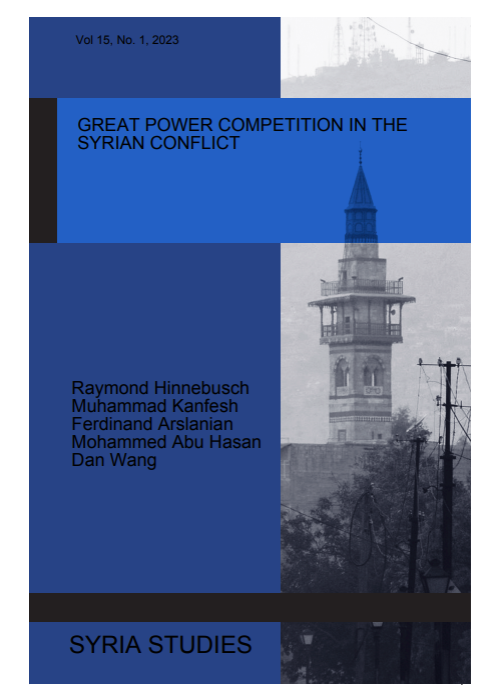Religious Patronage and Clientelism: Russia’s Soft Power and Networks of Influence in Syria
Main Article Content
Abstract
In parallel to its military aid to the Assad Regime since 2011, Russia’s ‘soft power’ tools and forms started with the inflow of humanitarian aid to the Syrian Government and Syria Arab Red Crescent. Additionally, Russian efforts have been integrated and mobilised through religious, diaspora, political, and civil society delegations, whose communications and outreach efforts developed with visits from the Russian Orthodox Church to Syria in 2011, including the humanitarian assistance and relief initiatives that were launched to support Orthodox, displaced Christian communities and affected populations in Syria. Then, in the wake of Russia’s 2015 intervention and Russian-led inflow of relief assistance, Moscow developed a networking strategy that integrates tools with aid, cultural, development, and religious dimensions. In coordination with the Hmeimim-based Russian Reconciliation Centre (RRC) in Syria, Russian Muslim communities, diaspora networks, Caucasian states (former-Soviet Islamic states), Russian Orthodox Church (ROC) and Imperial Palestinian Orthodox Society, and other charities from the Russia federation have started to operate in Syria. This article explores and analyses their contribution to Russian soft power in Syria, and how the wider instrumentalization of humanitarian aid, diaspora networks, and religious diplomacy for military and long-term political goals have been escalated to promote the Russian position in Syria. The research also argues that Russia's soft power in Syria is targeting micro-audiences and communities who are either favourable to Russia or disconnected and disenfranchised from liberal values.
Article Details

This work is licensed under a Creative Commons Attribution 4.0 International License.
Authors who publish with this journal agree to the following terms:- Authors retain copyright and grant the journal right of first publication with the work simultaneously licensed under a Creative Commons Attribution License that allows others to share the work with an acknowledgement of the work's authorship and initial publication in this journal.
- Authors are able to enter into separate, additional contractual arrangements for the non-exclusive distribution of the journal's published version of the work (e.g., post it to an institutional repository or publish it in a book), with an acknowledgement of its initial publication in this journal.
- Authors are permitted and encouraged to post their work online (e.g., in institutional repositories or on their website) prior to and during the submission process, as it can lead to productive exchanges, as well as earlier and greater citation of published work (See The Effect of Open Access).
